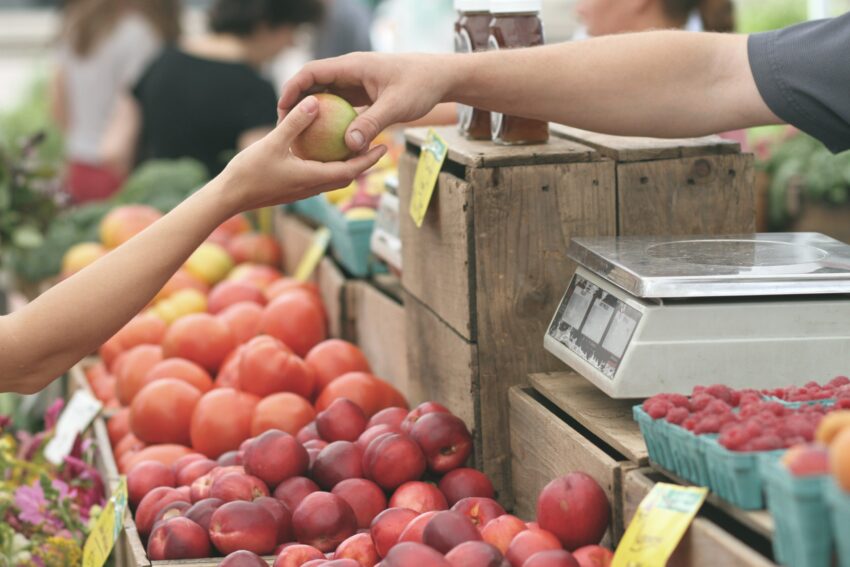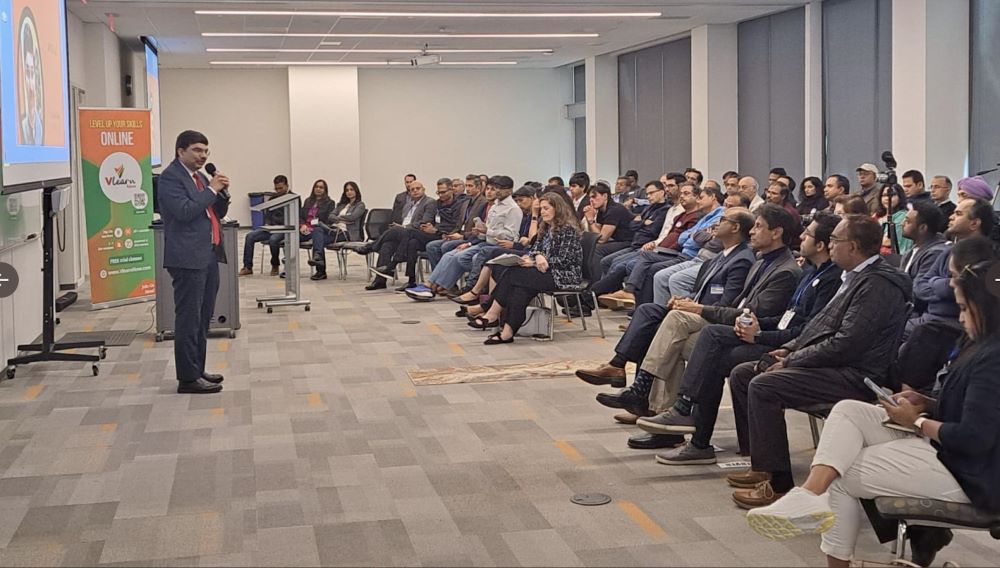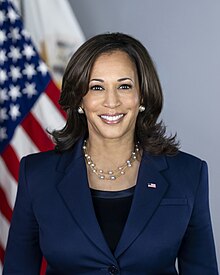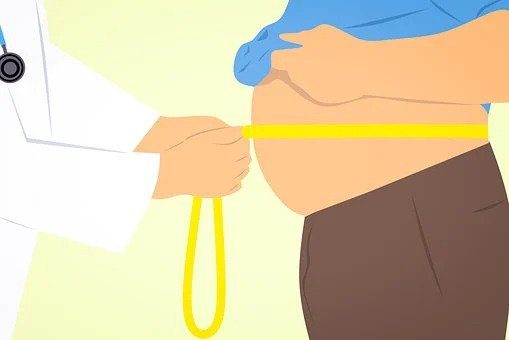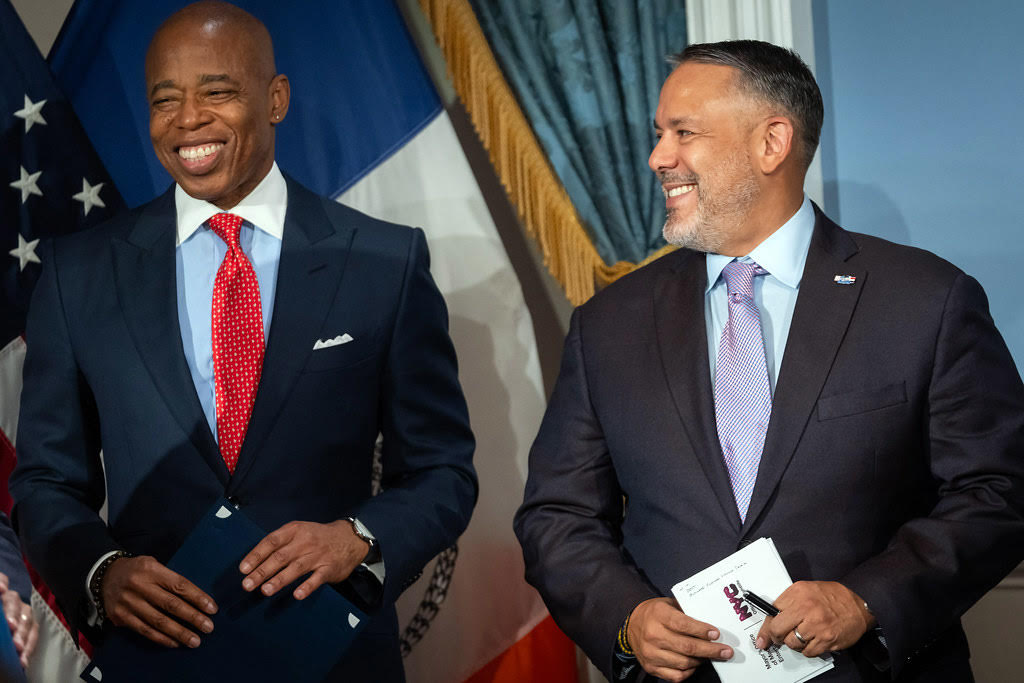Qualified residents can use coupons to purchase locally grown fruits and vegetables from participating vendors; 55,000 coupon booklets will be available at 350 distribution sites
Our Bureau
New York, NY
The Department for the Aging just kicked off its annual Farmers Market Nutrition Program (FMNP), an opportunity for qualified older New Yorkers to purchase locally grown fruits and vegetables with coupons. This year, 55,000 coupon books will be distributed to 350 local organizations throughout the five boroughs, an increase of 2,860 books from 2023. Each book is worth $25, with five coupons valued at $5 each. Coupons can be redeemed at participating farmers markets, farm stands and mobile markets.
FMNP is another way NYC Aging and Mayor Eric Adams are making healthy, nutritious food more affordable and accessible for older residents. FMNP allows qualified New Yorkers to buy the fruits and vegetables needed for a balanced diet. This complements the meals offered at older adult centers and through the home delivered meal program. Using their coupons, older adults can purchase fruits, vegetables and cut herbs at participating vendors across the city. The program also supports local businesses by encouraging New Yorkers to purchase these items exclusively at participating locations.
“Eating a healthy and balanced diet can unlock so many physical, mental, and emotional benefits,” said New York City Mayor Eric Adams. “Maintaining a nutritious diet is personal for me – it helped save my life – and it’s why our administration has made improving healthy eating a priority for New Yorkers. The Department for the Aging continues to make this part of its mission, and I am proud that today we are announcing even more support to help our older adults access locally-grown fruits and vegetables. I encourage qualified New Yorkers to find their nearest distribution site and get their coupons to enjoy more nutritious meals.”
“Promoting healthy food policies and practices remains a top priority at the Department for the Aging, and this program strengthens our goal of providing nutritious meals to older New Yorkers,” said Commissioner Lorraine Cortés-Vázquez. “The Farmer’s Market Nutrition Program complements our community care plan, giving vulnerable older residents another opportunity to access the support necessary for healthy eating and healthy aging in their own communities.”
To receive coupons New Yorkers must be: 60 years of age or older; Living in the city; Earning no more than: $2,322 per month for a one-person household; $3,152 per month for a two-person household; $3,981 per month for a three-person household.
Coupon booklets are distributed on a first come first serve basis until Monday, September 30, 2024. Coupons cannot be used after Saturday, November 30, 2024. An individual with a proxy or power of attorney may go to a participating vendor to purchase food on behalf of a qualified older adult. Coupons cannot be used to purchase food online.
To find a nearby coupon booklet distribution site or locate a participating vendor, call Aging Connect at 212-AGING-NYC (212-244-6469) or visit the FMNP page on NYC Aging’s website.
The Department for the Aging’s (NYC Aging) mission is to eliminate ageism and create a community-care approach that offers residents continued access to programs and resources that bolster their physical and mental well-being. Through a network of over 300 older adult centers and naturally occurring retirement communities, NYC Aging provides support and services that allow the nearly 1.8 million older New Yorkers to continue living independently in their communities.
FMNP is a federally funded initiative by the U.S. Department of Agriculture, that endeavors to promote improved nutrition through increased consumption of locally grown fresh fruits and vegetables, while simultaneously increasing the sales at farmers’ markets and fruit stands in New York. The program is sponsored by The New York State Department of Agriculture and Markets, New York State Department of Health, New York State Office for the Aging, Cornell Cooperative Extension and USDA Food and Nutrition Service.
















